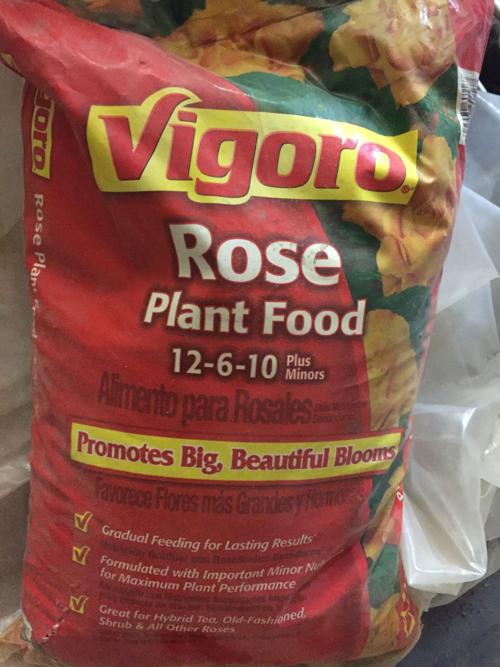Q: We have chickens running free in a backyard of citrus trees, and to protect the flock I’ve avoided using granular citrus fertilizer to feed those trees. I’ve used water-soluble general plant food followed with a top dress of compost or mulch, but want to meet the particular nutritional needs of the citrus. How would you suggest fertilizing the citrus?
A: The way you are fertilizing is fine. The important information to know is how much nitrogen, phosphorus, and potassium (potash) is in your water-soluble plant food. The percent of these three nutrients contained in a particular product are usually listed in that order, separated by dashes, on the front of the fertilizer container. Once you know the percent nitrogen, you can cross-reference that with the size the tree in our handy chart to determine how much fertilizer to put down. The difficult thing to know about compost and mulch is the amount of nitrogen available to the plant. The good companies put an analysis of the compost on the bag but still you have to wait for the compost to be watered into the root zone and that can take varying amounts of time dependent on your soil type and how much water is used. The nice thing about compost and mulch is that independent of the nutrients they provide, there is protection of the root zone that can moderate temperature extremes and increase the water holding capacity of the root zone. By the way, depending on how many chickens you have, you may be getting significant additional fertilizer from them.
Peter L. Warren is the urban horticulture agent for the Pima County Cooperative Extension and the University of Arizona. Questions may be emailed to




